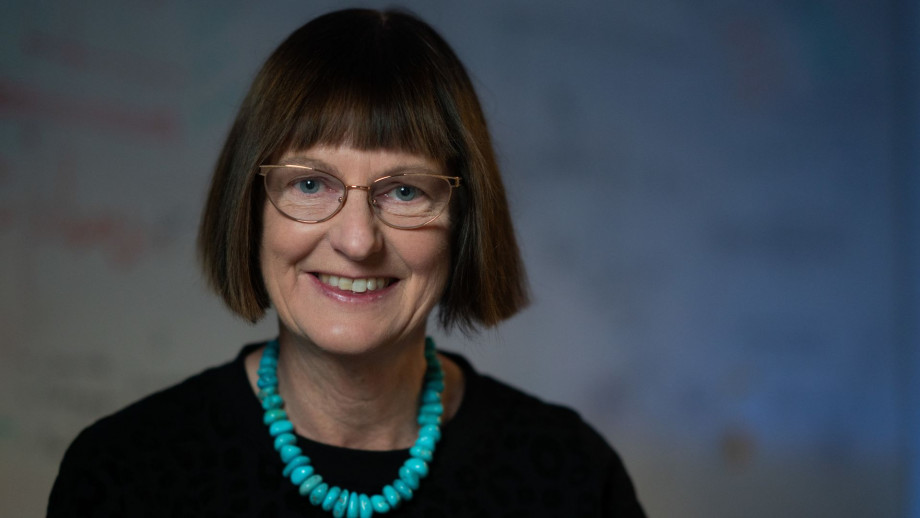 First Australian recipient
First Australian recipient
The prestigious Blaise Pascal Medal for Physics 2022 has been awarded to Distinguished Professor Susan Scott FAIP of ANU for her work over three decades, including discoveries in general relativity, cosmology and gravitational wave science.
Reporting on the Award, Marion Rae from Australian Associated Press, wrote:
‘A theoretical physicist who studies ripples in space that span billions of years is the first Australian to be awarded the prestigious Blaise Pascal science medal.
The Australian National University’s Susan Scott has won the 2022 medal for physics from the European Academy of Sciences, which recognises the work of the world’s best scientists.
“I am the first Australian, and Australian woman, to be awarded this medal, so this is a tremendous honour,” Professor Scott said.
Her work is spurring powerful advances in quantum, laser and optical technology.
She said she hopes the award inspires the next generation of women scientists in Australia and internationally.
“Throughout most of my career, in general relativity theory and gravitational wave science, there have been so few women, particularly in Australia,” Prof Scott told AAP from Brussels.
“We really need to change that because we’re just missing out on so much talent.”
She wants women and girls to know they can follow their dreams of being scientists and making discoveries.
“It’s an incredibly fulfilling thing to do and it’s very important to me that I do have this mentorship role – for young women scientists and generally to our students and early career researchers,” she said.
Prof Scott was part of an international team that detected gravitational waves, proving Albert Einstein’s theory on general relativity.
“At the time, many people thought Einstein’s theory of general relativity from 1915 was very esoteric and would probably never have any use or purpose,” she said.
“Now we all use GPS in everyday life – I was using it yesterday to navigate around Brussels. It’s taken 100 years, but it’s a flow-on effect from his theory.”
The academy citation recognises her “ground-breaking discoveries in general relativity, cosmology and gravitational wave science” spanning more than three decades.
“She played a leading role in Australia’s participation in the first detection of gravitational waves in 2015 and the development of the field of gravitational wave science in Australia following on from that discovery,” the academy said.
Gravitational waves are ripples in space and time caused by massive cosmic events, including the collisions of black holes.’
Read the full story as reported by Marion Rae, Australian Associated Press
